The reason for this is this. Recently, when Tony was wandering around, he came across an interesting question: increasing the memory can improve the experience. Why doesn't the iPhone increase the memory** Although this issue was first raised in 2019, it is still not out of date today in 2022.
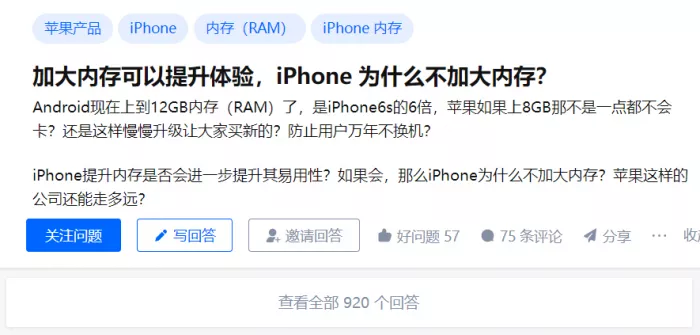
Because whether it's iphone Xs, 11, 12 or 13, their running memory has always been 4GB.
At present Apple There are only four iPhones that have 6GB of memory, while the iPhone se 3 still has 3gb of memory, which is pitifully small compared with the 8GB or even 12gb starting memory of Android.
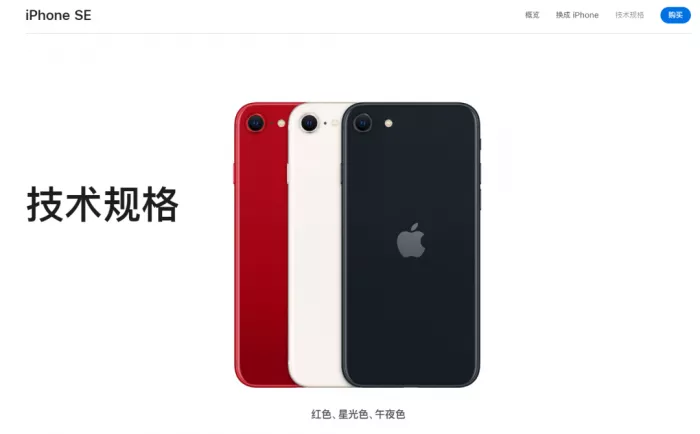
And the answers to this question are also varied.
Many people think that the iPhone doesn't need to use large memory at all, because Apple has a special server for pushing messages, which determines that even if the app is not hung in the background, we can normally receive their notifications.
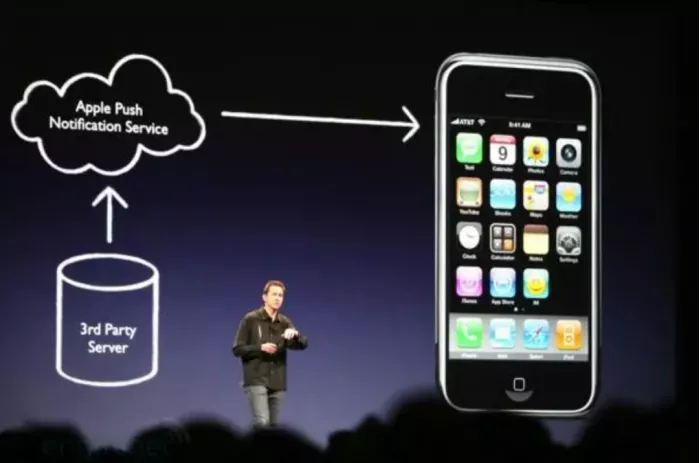
However, domestic android manufacturers do not have a unified push service, and the unified push alliance has not made much progress for so many years. Up to now, even national applications such as wechat and QQ have not been connected to unified push.
This leads us to make these apps resident in the background if we want to receive the notification of these apps in time. In order to ensure that the system can run smoothly after multiple apps are resident in the background, Android machines can only use more memory.
How dare you believe that just one wechat can occupy 1.2GB of memory ▼
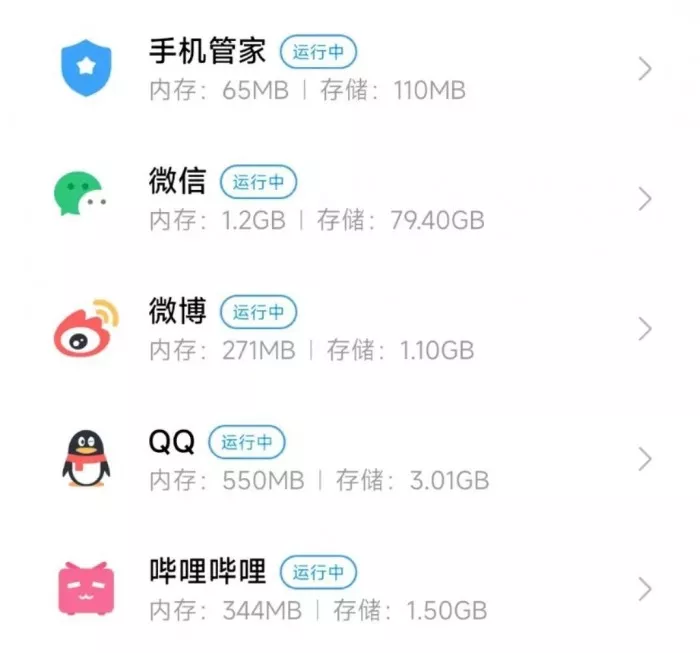
Moreover, in order to save the cost of 10000 yuan of mobile phones, the charger and earphone adapter cable have been cut. If 4GB can be used together, it will never give you 6GB. Doing so will also shorten our replacement cycle.
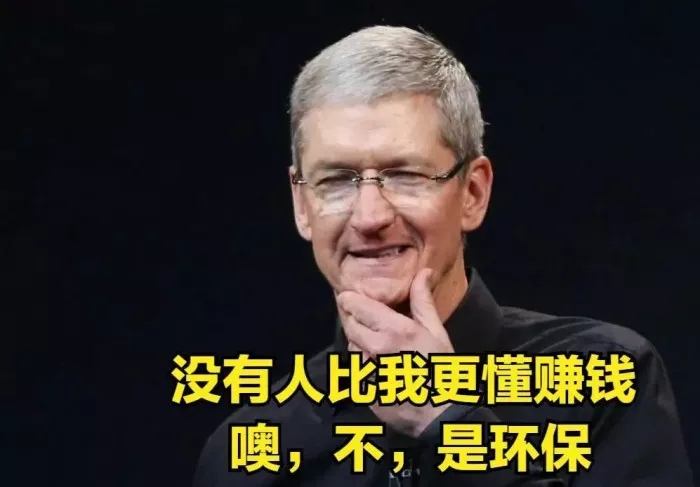
Em。。。 Anyway, I think what everyone said is quite reasonable. Tony is also curious about the difference between an iPhone with 4GB memory and an iPhone with 6GB memory.
So I specifically asked for the iPhone 12 and the iPhone 12 pro to actually test them to see if the extra 2GB of memory in the 12 Pro can be compared with 12 in terms of experience**
Before the formal test, in order to eliminate the interference of other factors as much as possible, I have synchronized the data and applications of the two iPhones, cleared the background and restarted them.
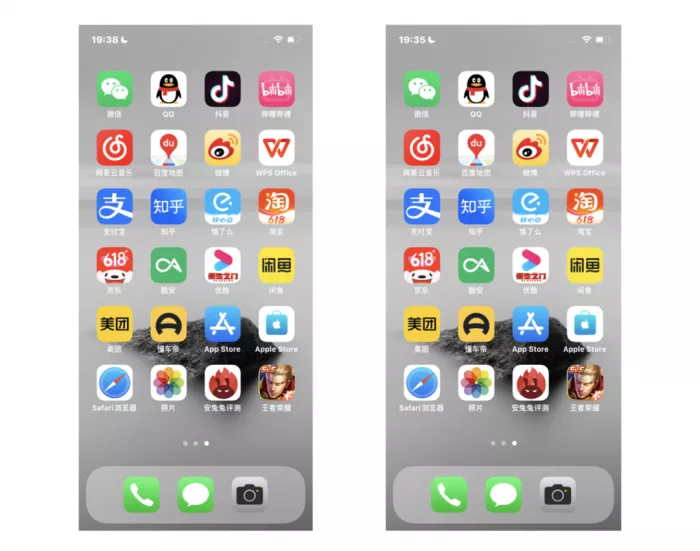
Let's start with a routine test.
I opened a total of 10 apps on these two iPhones. After the 10th app was loaded, I turned back and randomly re opened the app. I found that there was no need to reload on either phone.
So I opened five more apps. At this time, they were still under no pressure. Until I clicked on 20 apps, iPhone 12 finally couldn't withstand the pressure and reloaded JD I randomly opened:
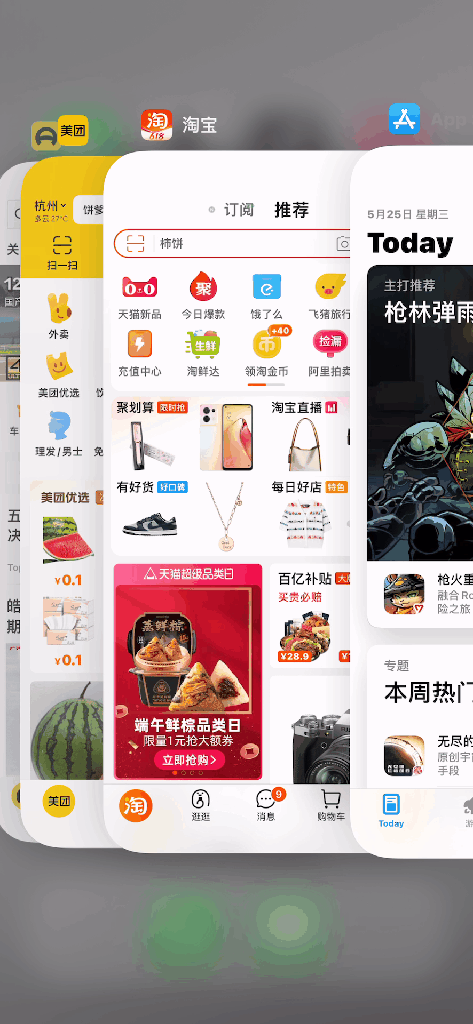
When the iPhone 12 Pro opens jd.com, it is the page before seconds:
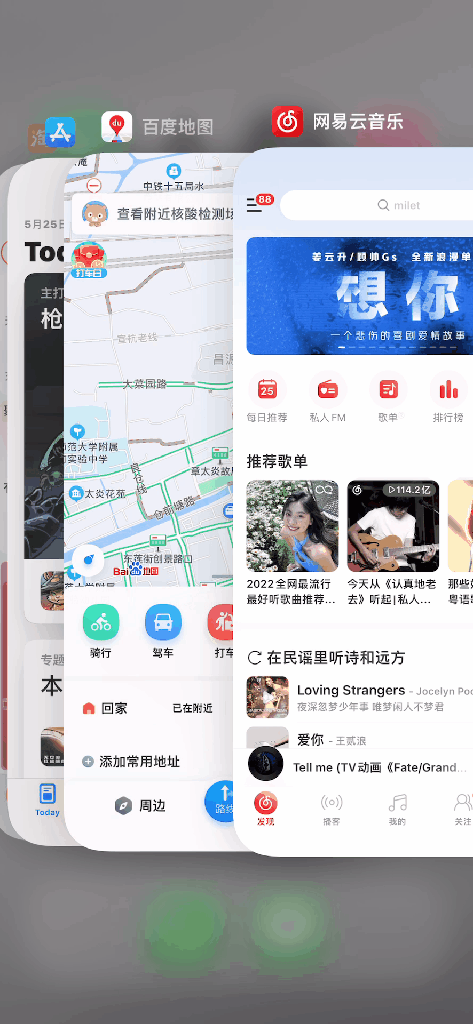
After repeated rounds of testing, I found that as long as the iPhone 12 opens more than 18 apps, there is a chance that one app will be opened randomly and need to be reloaded.
The iPhone 12 Pro is stable even when it is opened to the 23rd app. Clicking an app randomly can slide directly on the page. I didn't encounter reload until the number of apps exceeded 26:
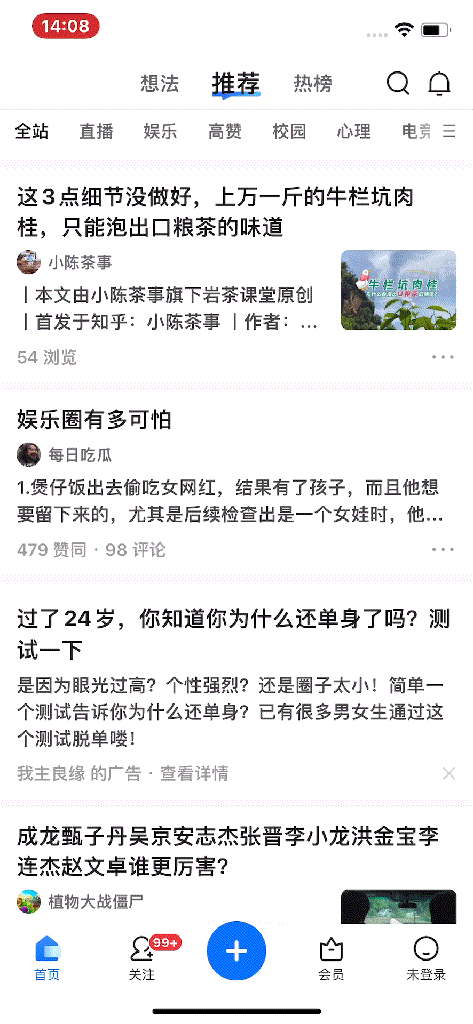
To tell you the truth, this performance of the iPhone 12 has surprised me. As a reference, I found an Android flagship with 12gb memory and asked it to open the same app.
I didn't expect that when this Android flagship opened to the 10th app, the transition animation had lost frames and got stuck.
When I open the 18th app, although the system shows that 3gb of memory is available, I have encountered the need to reload the app. and the gesture operation is no longer available at this time:**
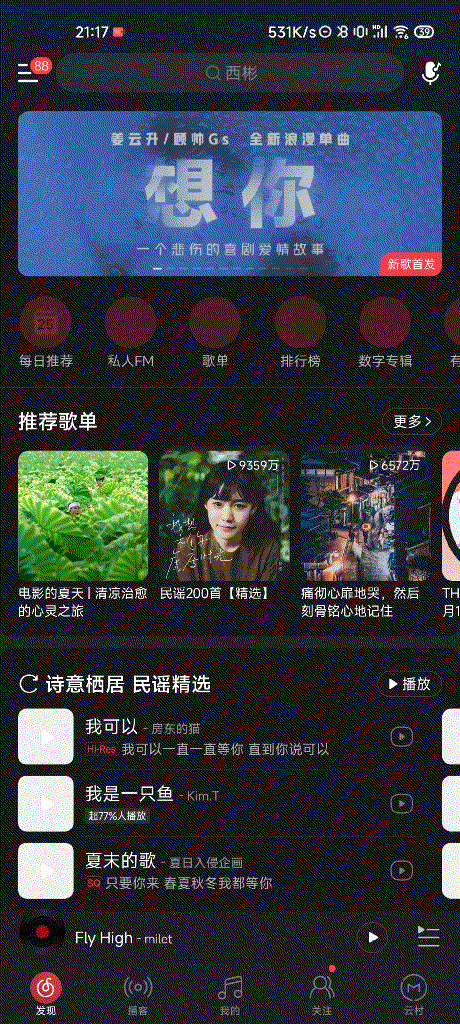
Good guy, I was skeptical that the 4GB memory of iPhone could top the 12gb memory of Android. Now I believe it...
Some people here will say that the iPhone is a "fake background".
The existence of IOS tombstone mechanism allows the foreground app to monopolize the memory, while those apps that have entered the background will be frozen by the system in some form, thus releasing the memory resources they occupy.
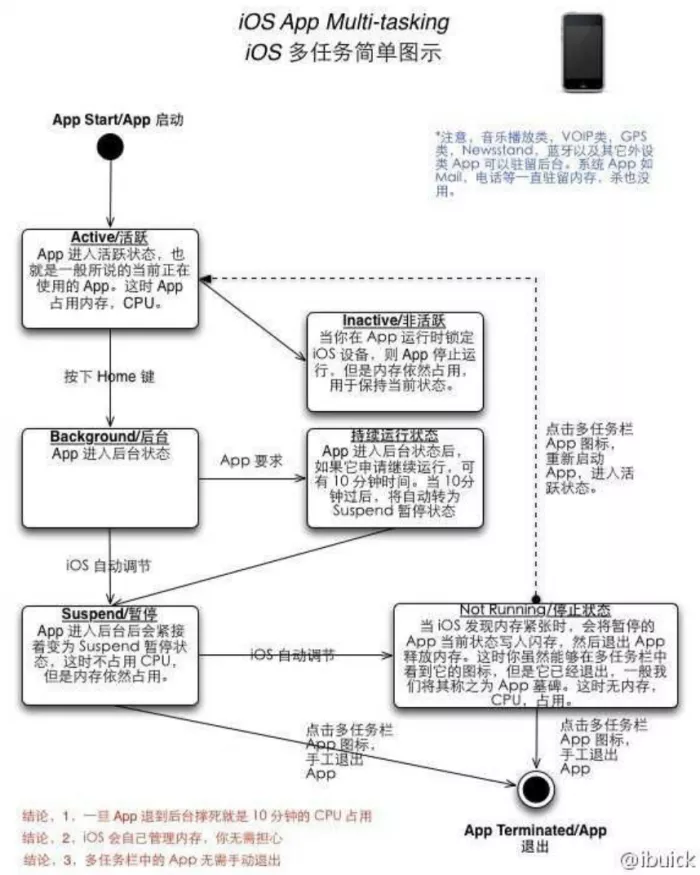
Android is a "real background". Even if those apps are switched to the background, they will remain active.
Since mobile phones with different systems cannot be compared fairly, let's be realistic.
I have wechat, Taobao and station B apps hanging in the background at the same time, while the foreground is playing King glory. At this time, whether iPhone 12 or 12 pro, I can seamlessly switch between these apps.
However, when I open the camera App and return to the glory of the king, the iPhone 12 needs to be reloaded:
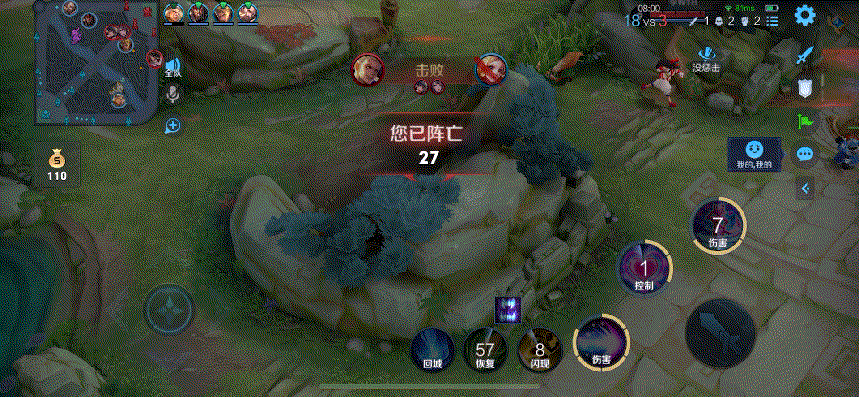
The iPhone 12 Pro can normally switch back to the glory of the king:
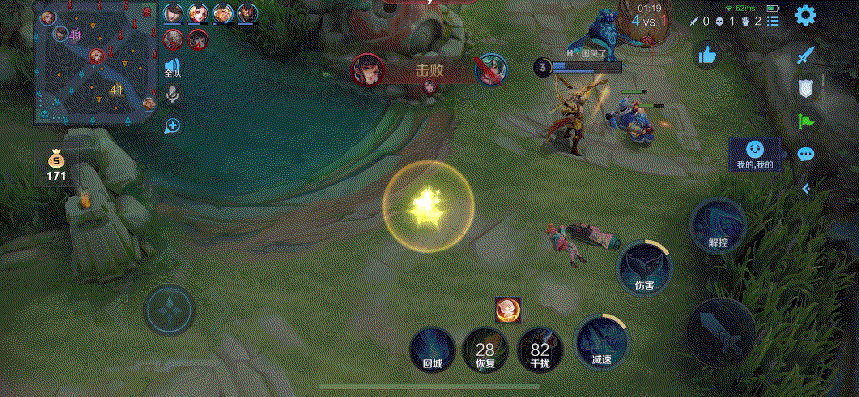
However, if you open the camera App and then press the shutter to take a picture, there is a certain chance that the iPhone 12 Pro will have to be reloaded after returning to the game:
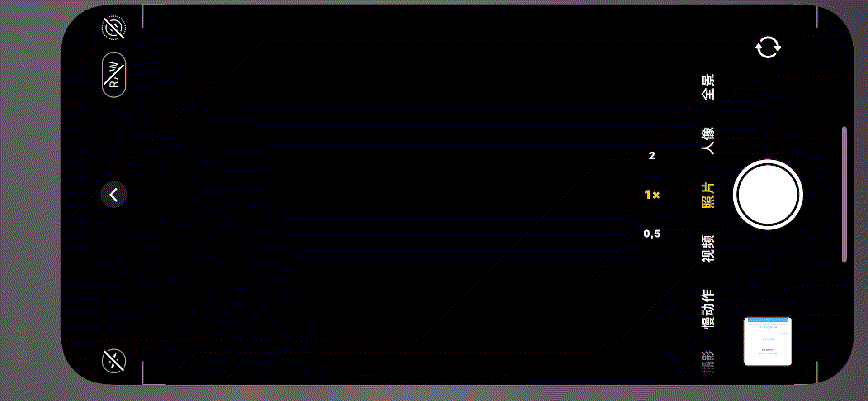
The flagship android with 12gb of memory is even worse than the iPhone 12 pro.
After opening the camera App, the mobile phone can switch back to the game normally. However, if you press the shutter, the king glory probability will also be reloaded. at the same time, the mobile phone not only loses frames, but also gets stuck**
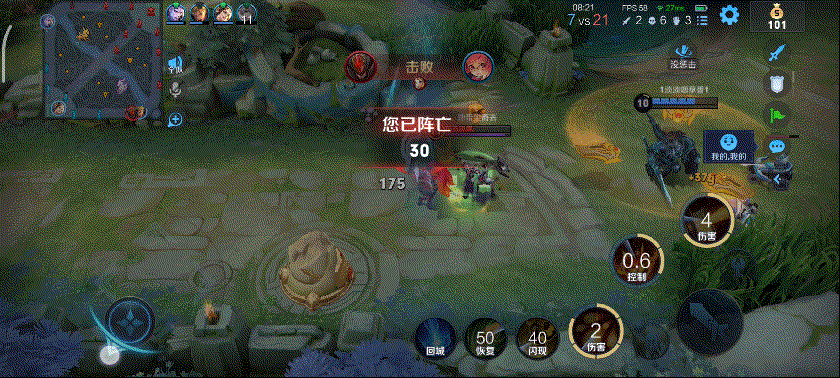
In this case, even if you lock the app "King glory" in advance, you will be killed by the system in the background.
In short, from the previous tests, it is not difficult for poor friends to see that the iPhone 12 pro with 6GB memory is indeed stronger than the 4GB iPhone 12 in terms of background app retention capacity.
In addition, the three iPhones with 6GB of memory are ▼
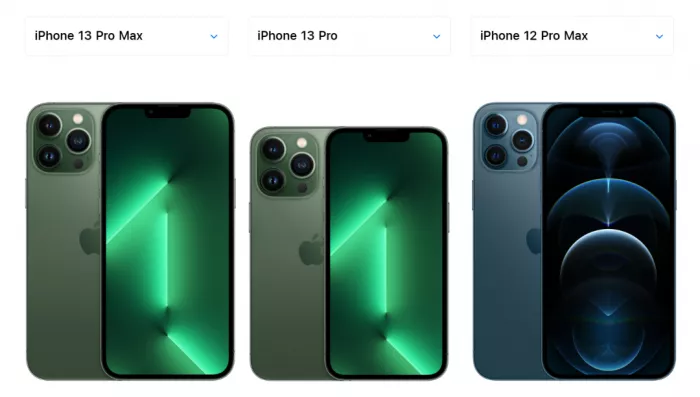
In fact, before I tested Android phones with them, I thought that the Android flagship with 12gb of memory should have no problem with its background app retention ability to hang an iPhone with only half of its memory.
However, the fact hit me hard in the face. You can't refuse to accept the memory management of IOS. The Android flagship gives me the feeling that it is more like making up for its lack of experience through crazy stacking of materials on the hardware.
In fact, android is not a tombstone mechanism similar to IOS
As early as Android 6.0, Google has enabled the system to support the tombstone mechanism from the bottom, but it still gives app developers a great degree of freedom so that they can develop apps according to their own ideas.
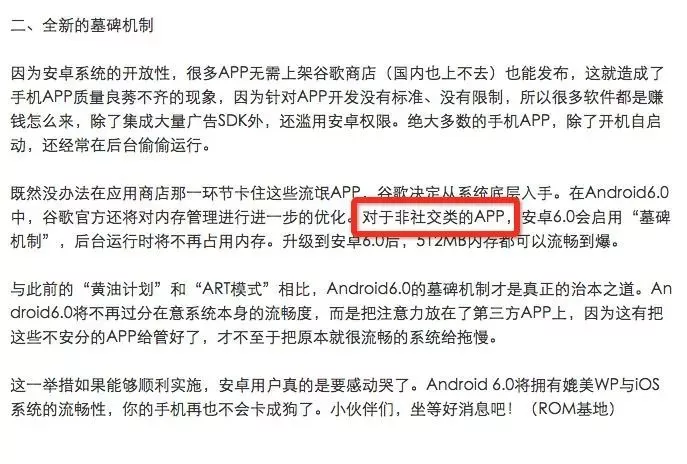
But you should also know what kind of environment the domestic android ecosystem is.
It is not new for a large number of domestic apps to occupy resources and wake up each other automatically in the background. There are no mandatory measures. It is a ghost that those rogue app developers can consciously abide by the specifications and do not mess around.
But then again.
Android's open development space is not all bad. Thanks to its openness, we can use various artifact apps such as Li Tiao and wallpaper engine on Android phones.
Apart from other things, Android alone allows me to freely choose to lock one or more apps, so as to prevent these apps from being accidentally killed by the system, which is enough to keep me on Android. Thank you for watching!